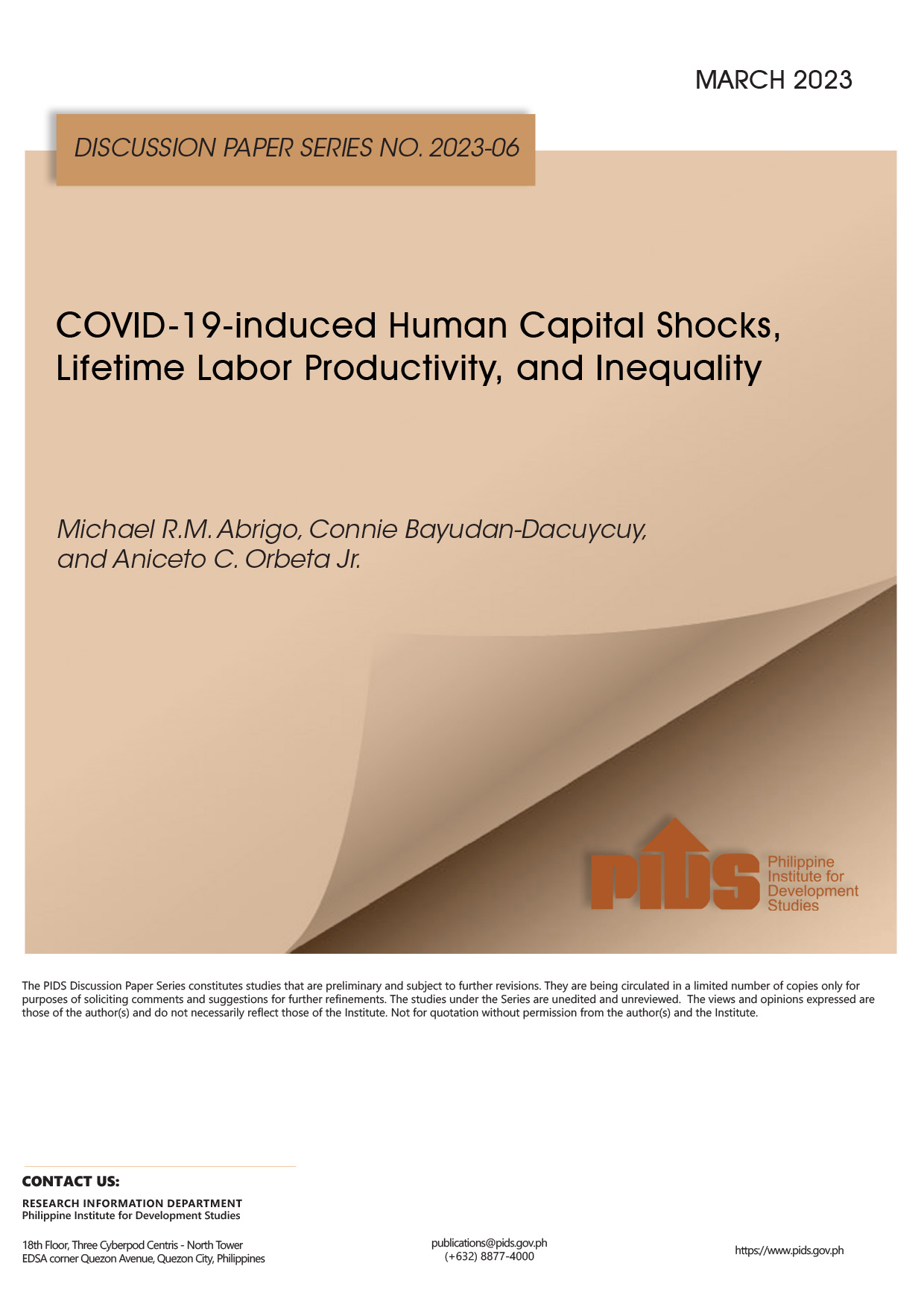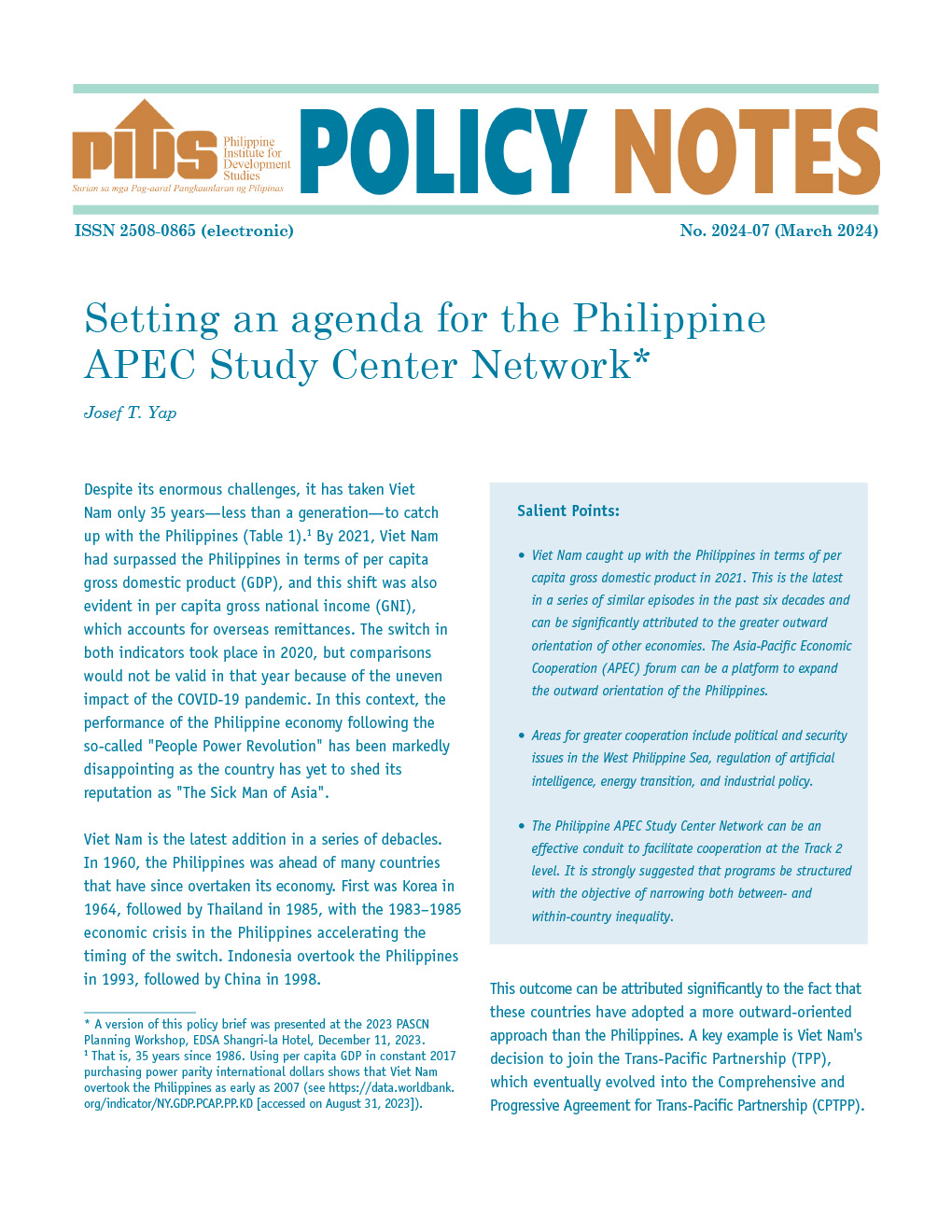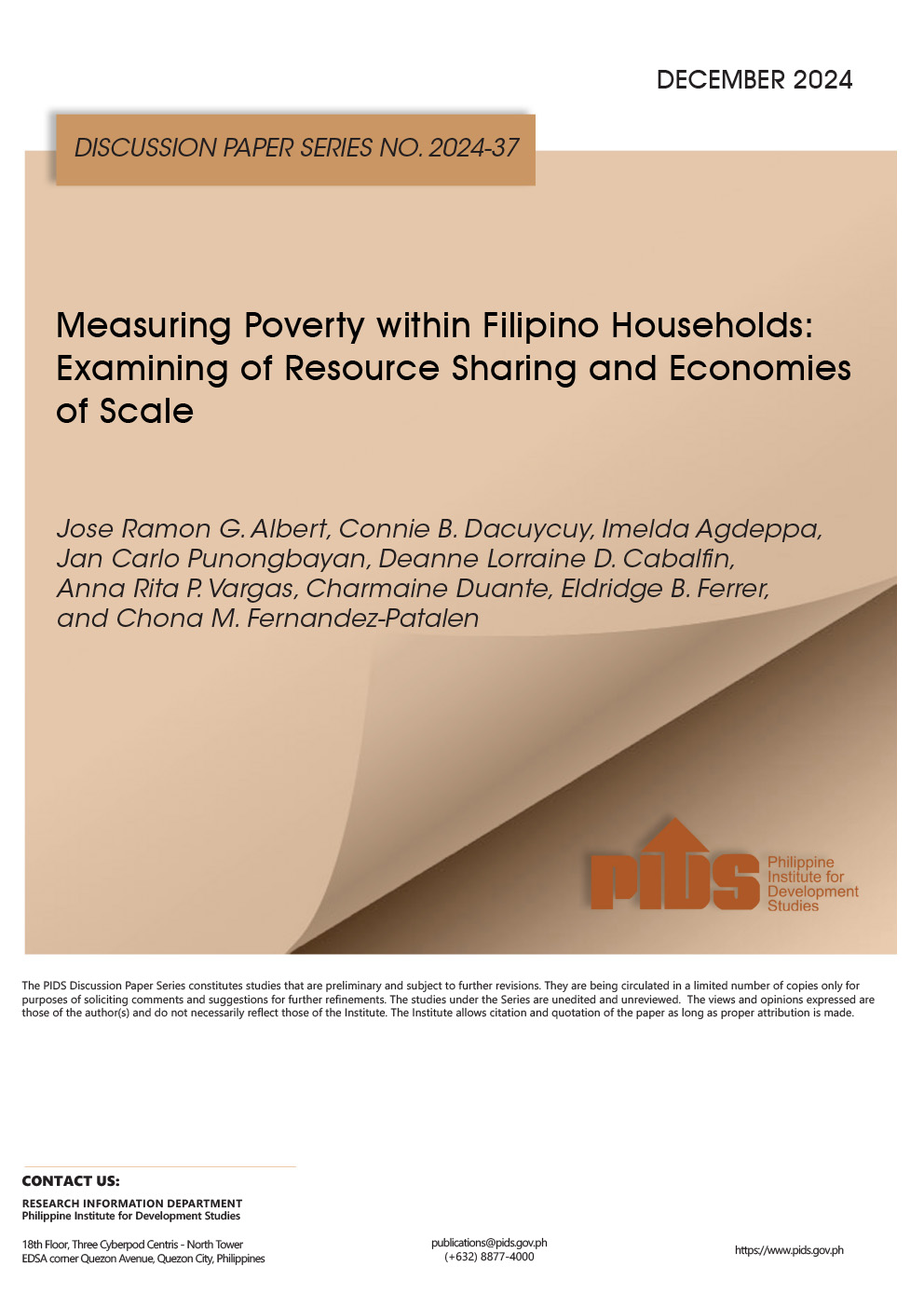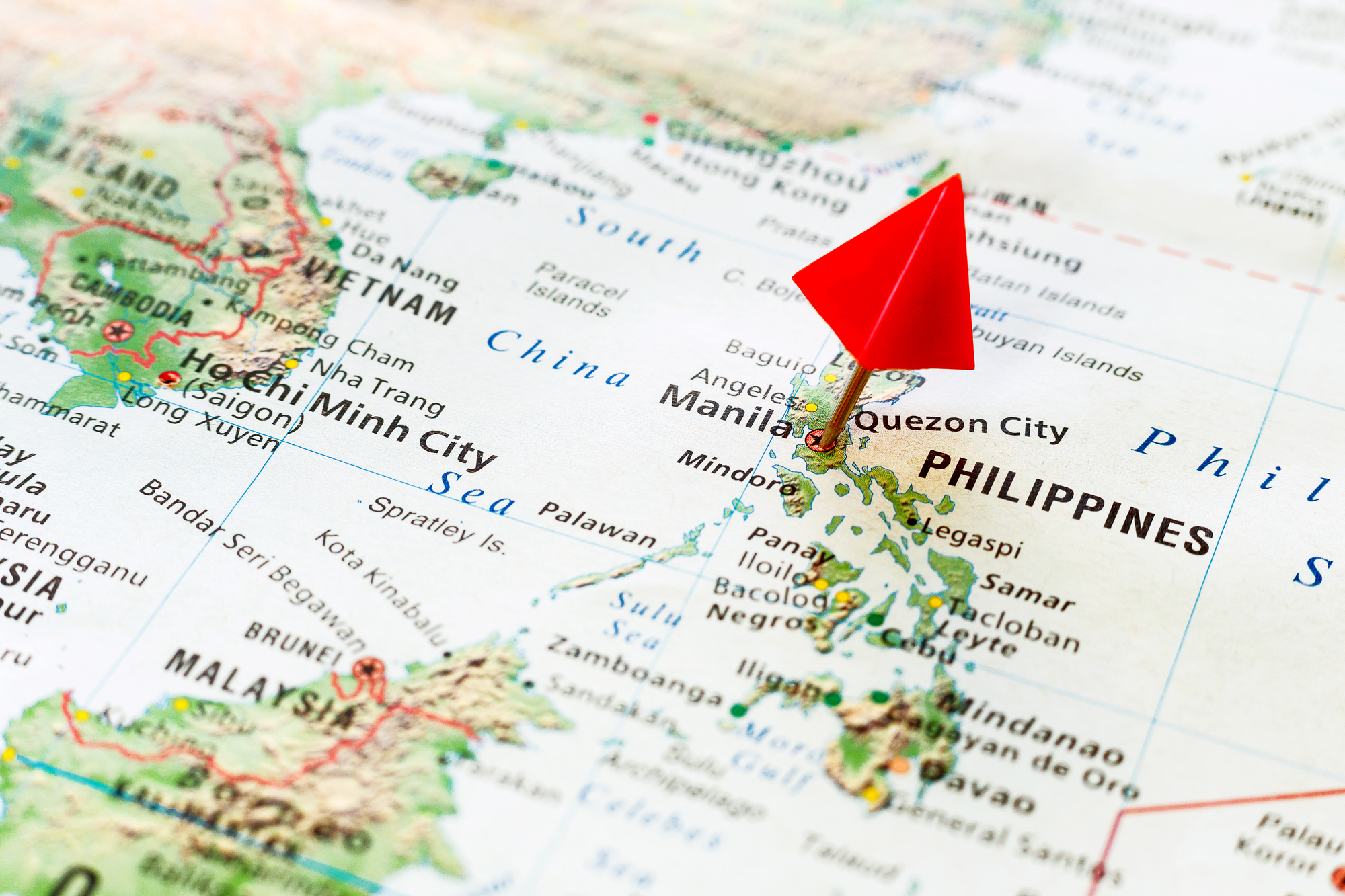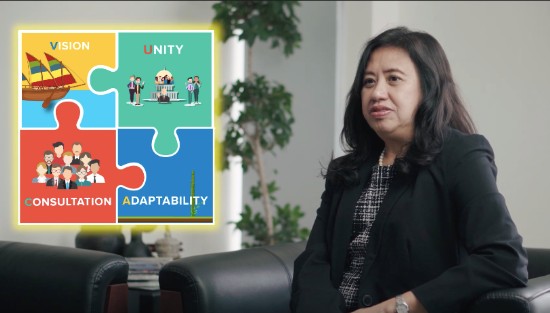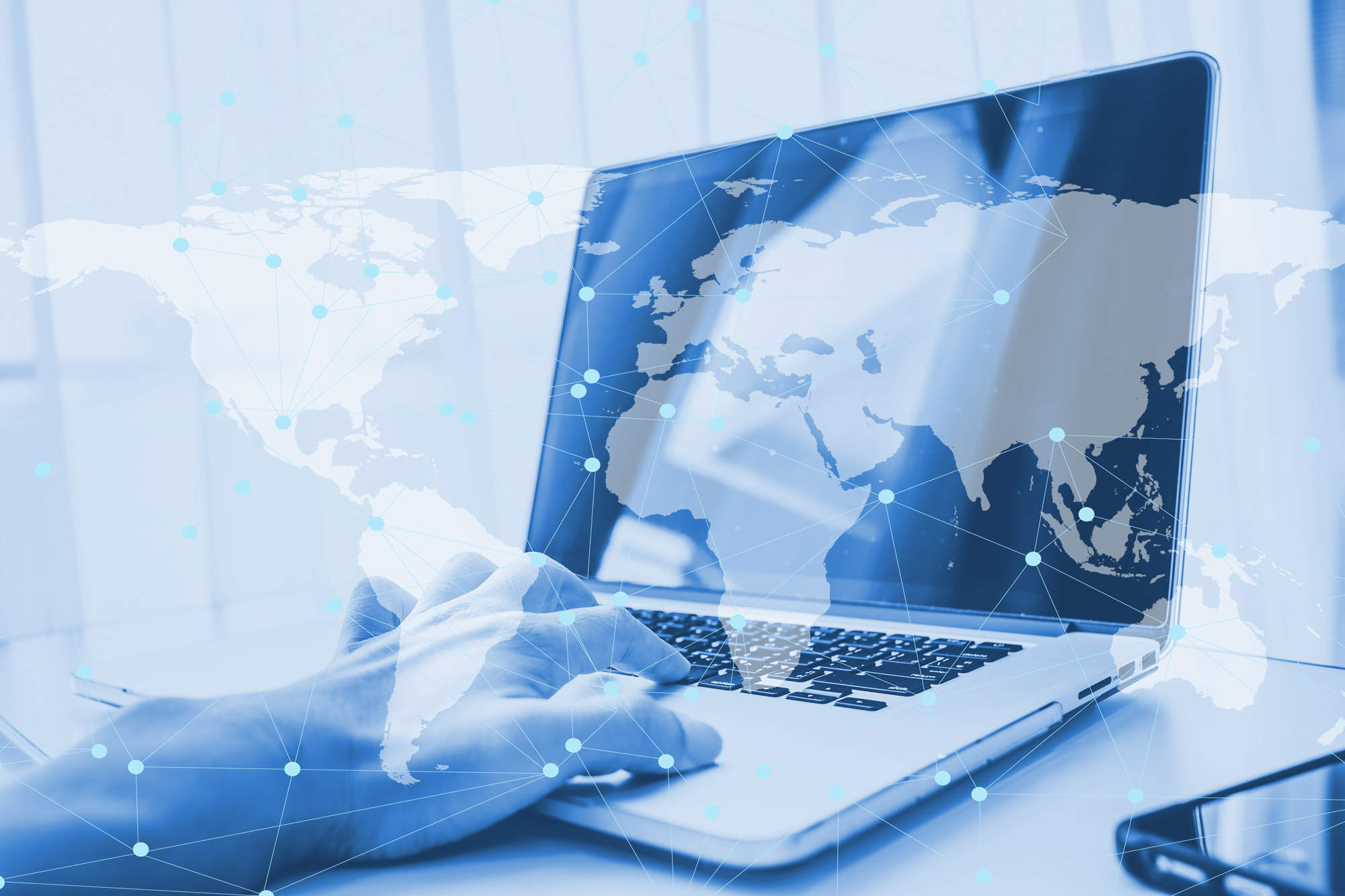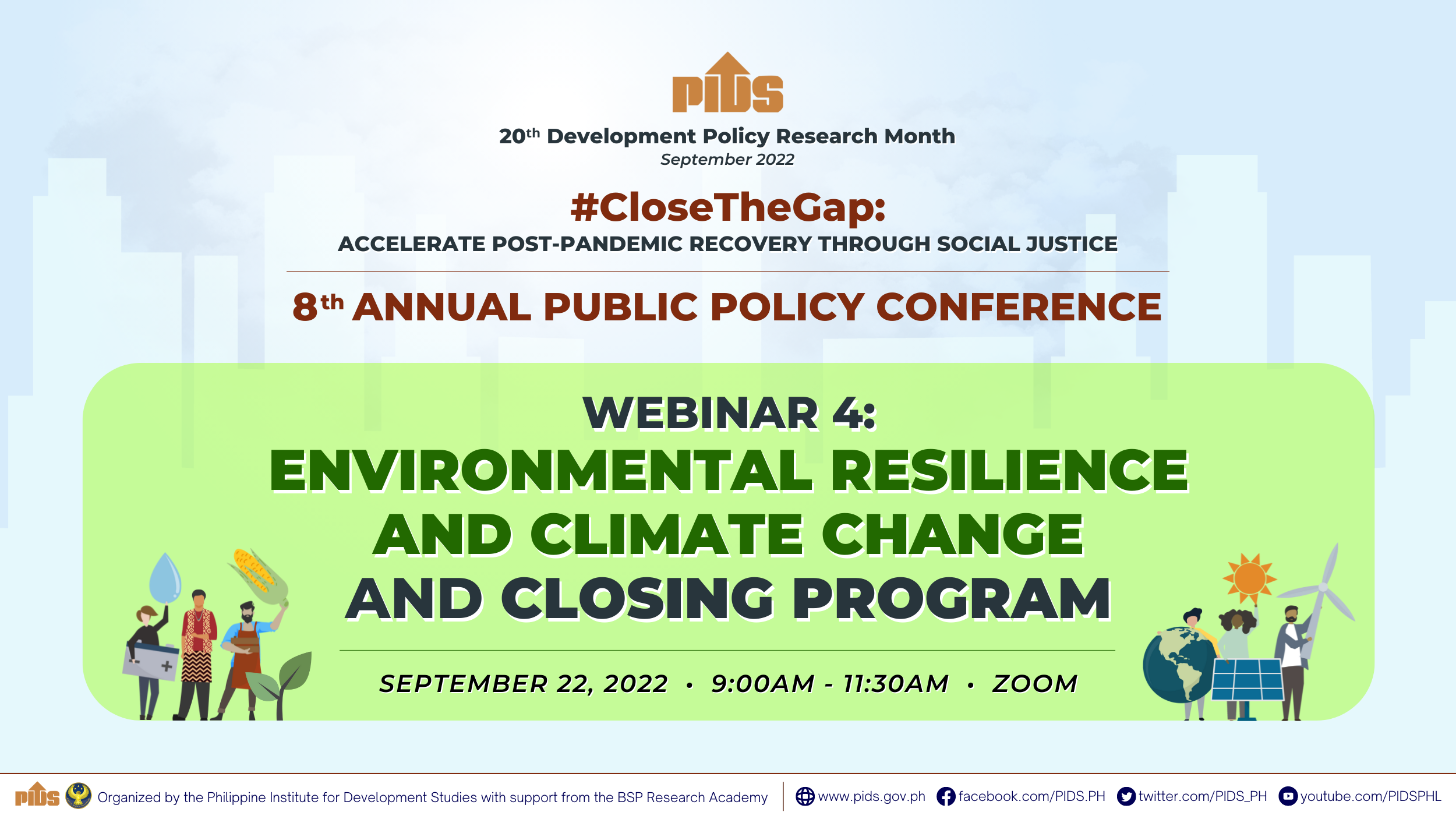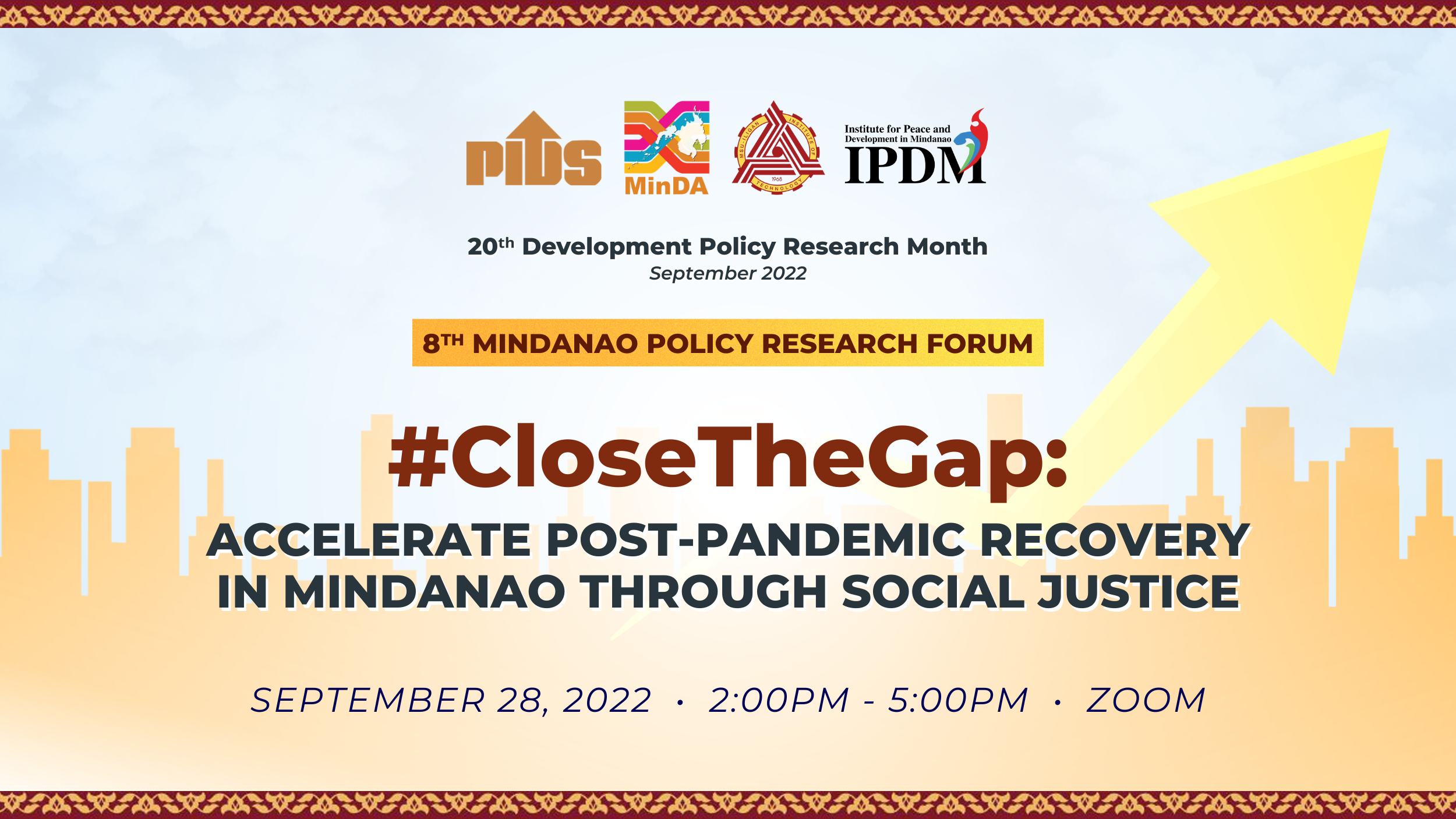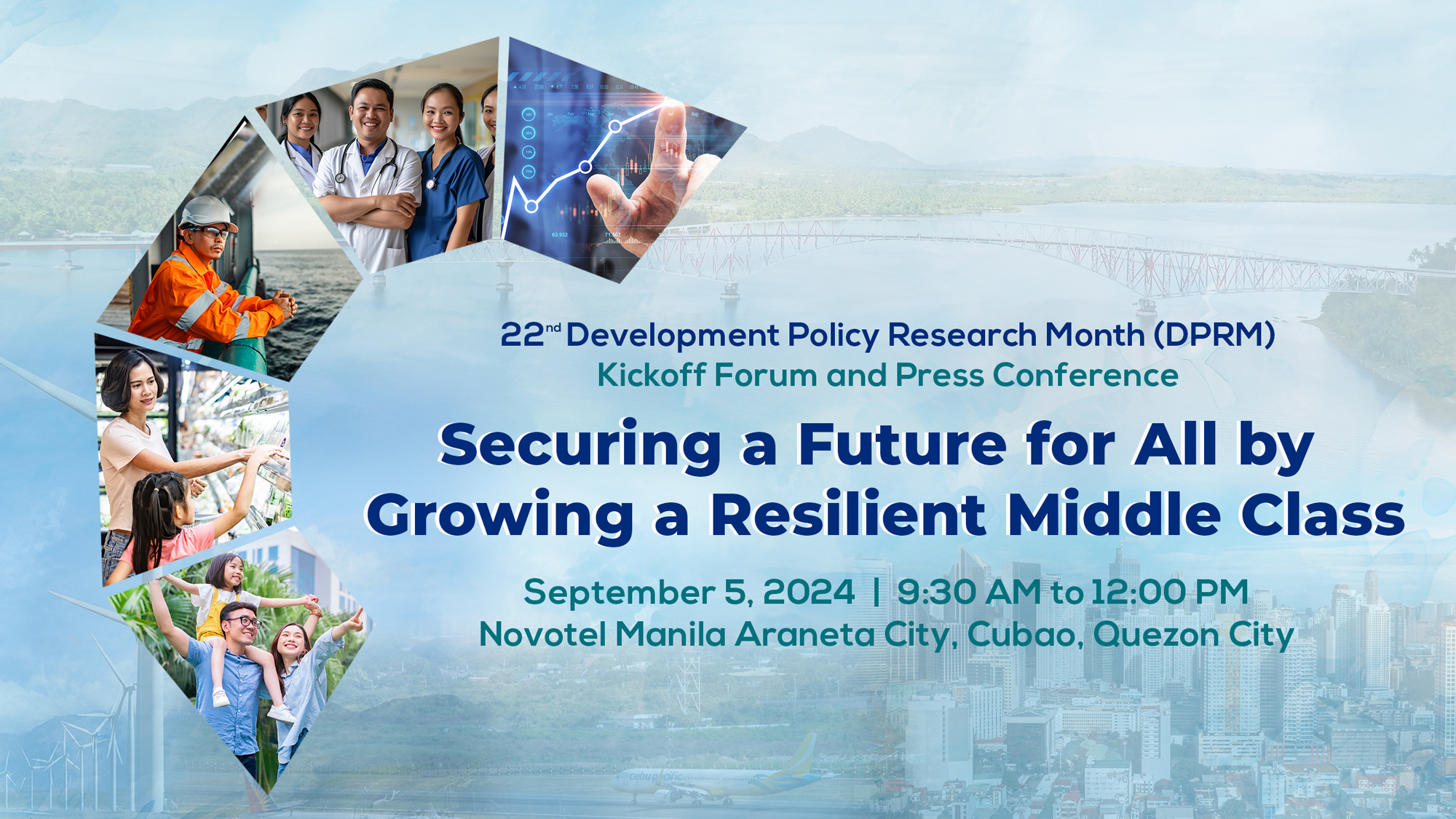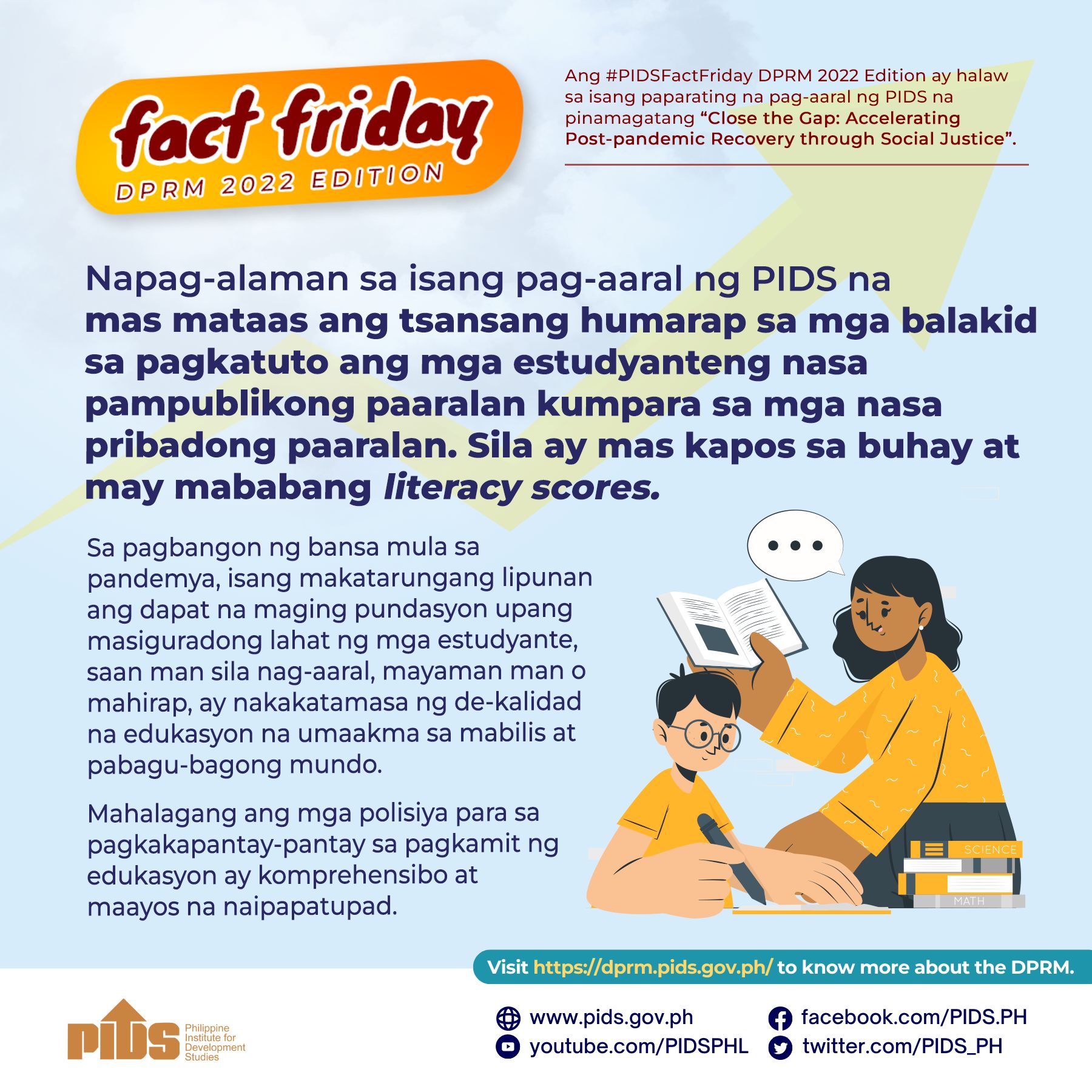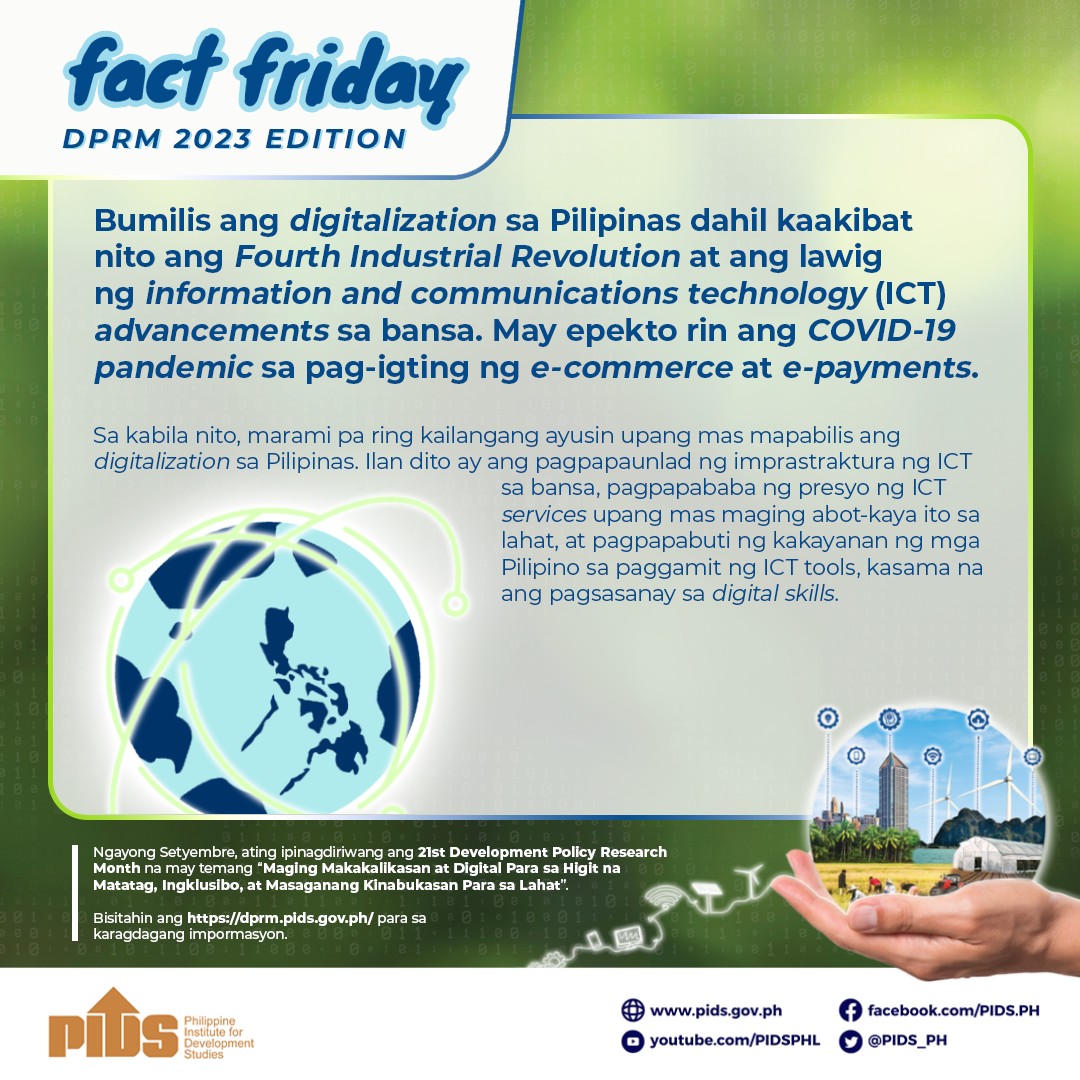
In one way or another, doing day-to-day activities as well as complex and more challenging tasks has been significantly easier because of technological developments over the years.
However, as the world enters a new phase of Globalization, known as the “New Globalization”, or “Globalization 4.0” according to the World Economic Forum, these innovations will also worsen income inequality within and among countries, posing concerns on their fairness and inclusivity.
In a global perspective, studies have shown that rich countries tend to gain more from economic growth brought by advancements in trade and technology. The same could also be said about the trends in income inequality within countries—with richer income groups in richer countries getting more while the lower income groups in poorer countries remaining stagnant.
A staff discussion note published by the International Monetary Fund in 2015 identified various drivers of income inequality, namely, globalization in trade, capital, and finance, deregulation of labor markets, financial deepening, and technological progress.
These inequality drivers will impact the labor sector the most because as new technologies are developed, only countries that have the means to adapt, not only in terms of financial capacity, but also in terms of education and skills, will be able to move forward.
An in-depth discussion on the worsening inequality under the New Globalization will be highlighted in one of the sessions of the 5th Annual Public Policy Conference (APPC) on September 19 at the Sofitel Philippine Plaza Manila. The APPC is the culminating activity of the Development Policy Research Month (DPRM) spearheaded by state think tank Philippine Institute for Development Studies (PIDS).
With the theme, “Navigating the New Globalization: Local Actions for Global Challenges”, experts from the academe and multilateral development agencies will provide a deeper understanding of how changes in global economy as well as advancements in technologies will affect fairness and inclusiveness of humanity’s progress.
The session will be moderated by Toby Monsod, associate professor at the University of the Philippines-School of Economics. Invited speakers include Lucas Chancel, co-director of the Paris School of Economics’ World Inequality Lab, Yasuyuki Sawada, chief economist of the Asian Development Bank, Mara Warwick, country director of World Bank-Philippines, and Roehlano Briones, senior research fellow of PIDS.
This year’s APPC is supported by the Bangko Sentral ng Pilipinas, Department of Foreign Affairs – Office of the Undersecretary for International Economic Relations, Department of the Interior and Local Government, National Economic and Development Authority, Philippine Competition Commission, Department of Trade and Industry – Bureau of International Trade Relations, Asian Development Bank, and the Australian government’s Department of Foreign Affairs and Trade.
For more details about this year’s theme and activities, kindly visit the DPRM website at https://dprm.pids.gov.ph/and the APPC website at https://appc.pids.gov.ph/.
For updates, you may also check PIDS’ social media accounts at https://www.facebook.com/PIDS.PH/ and https://twitter.com/PIDS_PH.

